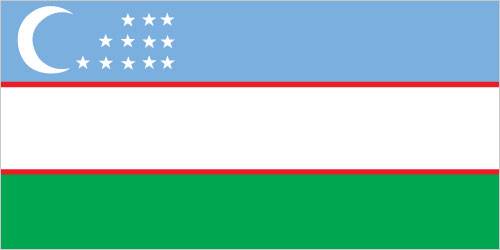
Russia conquered the territory of present-day Uzbekistan in the late 19th century. Stiff resistance to the Red Army after the Bolshevik Revolution was eventually suppressed and a socialist republic established in 1924. During the Soviet era, intensive production of "white gold" (cotton) and grain led to overuse of agrochemicals and the depletion of water supplies, which have left the land degraded and the Aral Sea and certain rivers half dry. Independent since 1991, the country has lessened its dependence on the cotton monoculture by diversifying agricultural production while developing its mineral and petroleum export capacity and increasing its manufacturing base. However, longserving septuagenarian President Islom KARIMOV, who rose through the ranks of the Soviet-era State Planning Committee (Gosplan), remains wedded to the concepts of a command economy, creating a challenging environment for foreign investment. Current concerns include post-KARIMOV succession, terrorism by Islamic militants, economic stagnation, and the curtailment of human rights and democratization.
natural gas, petroleum, coal, gold, uranium, silver, copper, lead and zinc, tungsten, molybdenum
arable land: 9.61%
permanent crops: 0.8%
other: 89.58% (2011)
28,929,716 (July 2014 est.)
country comparison to the world: 45
Uzbek 80%, Russian 5.5%, Tajik 5%, Kazakh 3%, Karakalpak 2.5%, Tatar 1.5%, other 2.5% (1996 est.)
Muslim 88% (mostly Sunni), Eastern Orthodox 9%, other 3%
Uzbek (official) 74.3%, Russian 14.2%, Tajik 4.4%, other 7.1%
definition: age 15 and over can read and write
total population: 99.4%
male: 99.6%
female: 99.2% (2011 est.)
Tashkent (Toshkent)
republic; authoritarian presidential rule with little power outside the executive branch
1 September 1991 (from the Soviet Union)
Independence Day, 1 September (1991)